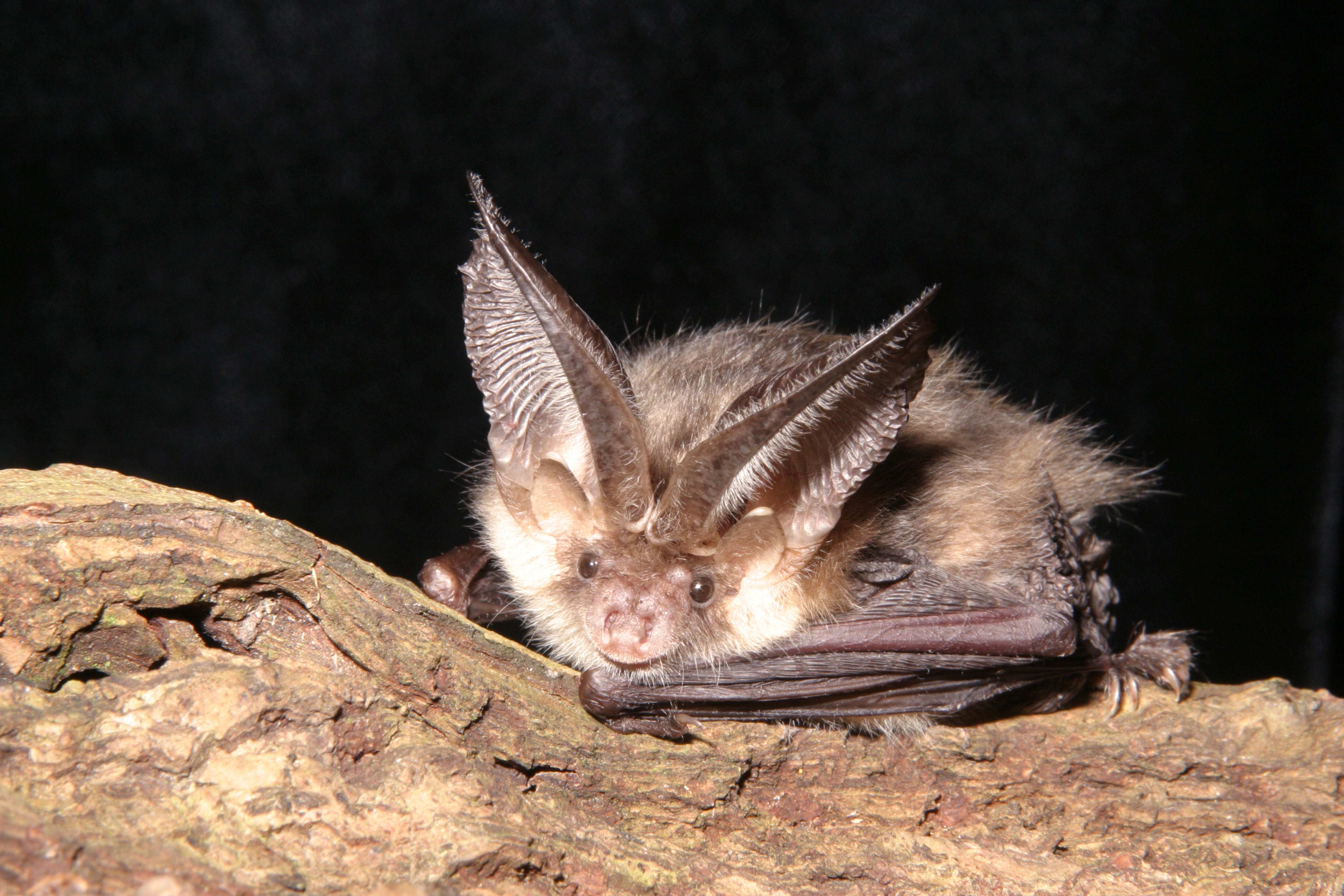Rise in number of ‘starving’ bats seen in England
Conservations groups also report spotting fewer of the animals than normally seen in summer

Your support helps us to tell the story
From reproductive rights to climate change to Big Tech, The Independent is on the ground when the story is developing. Whether it's investigating the financials of Elon Musk's pro-Trump PAC or producing our latest documentary, 'The A Word', which shines a light on the American women fighting for reproductive rights, we know how important it is to parse out the facts from the messaging.
At such a critical moment in US history, we need reporters on the ground. Your donation allows us to keep sending journalists to speak to both sides of the story.
The Independent is trusted by Americans across the entire political spectrum. And unlike many other quality news outlets, we choose not to lock Americans out of our reporting and analysis with paywalls. We believe quality journalism should be available to everyone, paid for by those who can afford it.
Your support makes all the difference.An increasing number of malnourished bats are being seen across England, as experts warn the populations of the insects they feed on are declining amid a washout summer.
Conservation groups in Cambridgeshire, Norfolk, Worcestershire, Essex and South Lancashire reported the rise in the number of “starving” or “underweight” bats, adding that fewer of the animals than normally seen in summer are being spotted. They said the malnourished bats, often juveniles, are having to be rescued and cared for by volunteers.
Wildlife experts have warned this year’s record-wet weather could be further driving down the UK populations of the insects, butterflies and moths that bats feed on, after decades of decline in numbers linked to the climate crisis and widespread pesticide use.
Dr Joe Nunez-Mino, a spokesperson for the Bat Conservation Trust, told the Guardian: “Any decline in insects can have a serious negative impact for all of the UK’s 17 breeding bat species since they all feed on insects.” He said bats and insects are both threatened by the destruction of habitats, the rise in the use of artificial light, and building developments.
In a long-term study investigating the impact of the climate crisis on bats, the trust last year found that the UK populations of two species, the brown long-eared bat and the horseshoe bat, decreased over the past five years by more than 10 per cent.

Meanwhile, a “noticeable lack” of butterflies and moths has been reported by the charity Butterfly Conservation this year. Director of conservation Dr Dan Hoare said: “This is likely to be because of the wet spring and now the colder than normal temperatures. Butterflies and moths need some warmth and dry conditions to be able to fly around and mate – if the weather doesn’t allow them to do this, there will be fewer opportunities to breed.”
Experts have been urged to rescue malnourished bats in Cambridgeshire, Bedfordshire, Northamptonshire, Lincolnshire, Essex and Suffolk this summer.
The ecologist and treasurer of Cambridgeshire Bat Group, Jonathan Durward, said some of the group’s carers are looking after as many as 20 bats, most of which are juveniles and pups who are “incredibly” underweight. “They’re all starving,” he said, adding that many of the rescued animals weigh just half of what ecologists would expect. “They are a lot thinner and lighter than they have been in previous years. Almost all are in poor condition, not just underweight.”
Mr Durward believes that many bats, particularly juveniles, are journeying further and longer in attempts to find food. He thinks they are then expending vital energy warming up after getting cold in the wet weather – energy that lactating mothers usually use to suckle their pups in June and July.

“It’s been extremely wet, cold and windy around here this summer. But if they don’t go out in the cold and the rain, they’re losing a night’s food,” said Mr Durward, adding that bats can become less healthy and more susceptible to parasitic infections when they eat less.
Vets at East Winch Wildlife Hospital in Norfolk have been looking after nearly twice as many bats as normal. Deputy centre manager Alice Puchalka said: “We’ve had a high number of juveniles, compared to last year. It does make you wonder whether the adults are struggling to find food and therefore struggling to produce milk for the babies.”
Meanwhile, wardens in Pensthorpe natural park have been seeing noticeably fewer bats than is usual in summer as well as fewer insects. Reserve manager Richard Spowage said: “Anecdotally, we’re seeing fewer bats in the evening – but also, similarly, we’re not seeing the butterflies and moths that we would expect. They’ve not been emerging in the numbers they should be and they’ve only got a limited time to breed and lay eggs.”
Mr Spowage added that a reduction in insect reproduction rates this year will likely lead to fewer numbers next year. “It’s a downward spiral,” he said.
Join our commenting forum
Join thought-provoking conversations, follow other Independent readers and see their replies
Comments